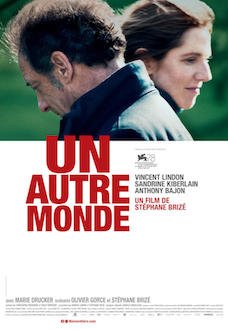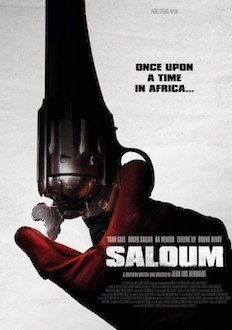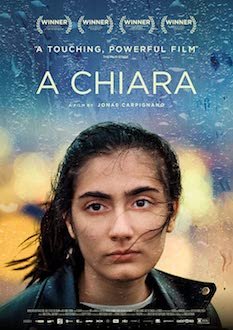Direction: Stephane Brizé
Country: France
Adopting a realism redolent of Ken Loach, French director Stephane Brizé keeps aiming at social injustices, questioning the ferocity and blind cruelty of modern corporations. With the contribution of dedicated actor Vincent Lindon, he concludes a sort of ‘work trilogy’, which began in 2015 with The Measure of a Man and proceeded with At War in 2018. Another World marks the fifth collaboration between the director and the actor.
Philippe Lemesle (Lindon) and his wife Anne (Sandrine Kiberlain) are about to divorce. They have two children: Juliette, who lives abroad, and Lucas (Anthony Bajon), who is going through serious emotional and mental problems. Philippe has been working his ass off as a corporate executive and barely has time for the family. His reputation is high, but the pressure becomes unbearable when he’s given a layoff plan demanding the sacrifice of 58 loyal employees. He can no longer find coherence in the system he’s been committed to for years.
Brizé and his co-screenwriter Olivier Gorce excel in pointing out this business language where the meaning of the word "courage" is tendentiously twisted. One still finds shades of a certain melodramatic complacency, especially regarding the protagonist’s personal life, but the film leaves such a strong impression that we easily forget that aspect.
Lindon is just perfect; we see him and we believe it. His performance is well supplemented by TV and radio journalist Marie Drucker as a cold and intransigent boss. A successful first theatrical appearance for her. Another World is another product of Brizé’s mature social observation.








































